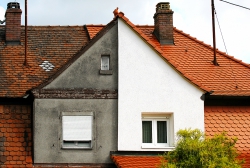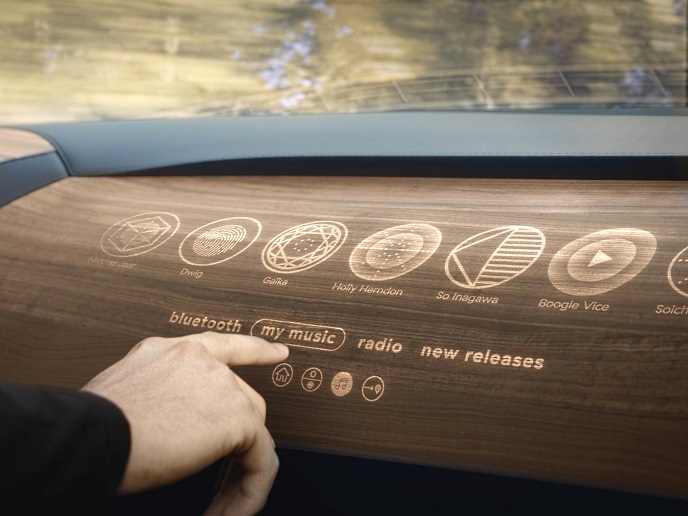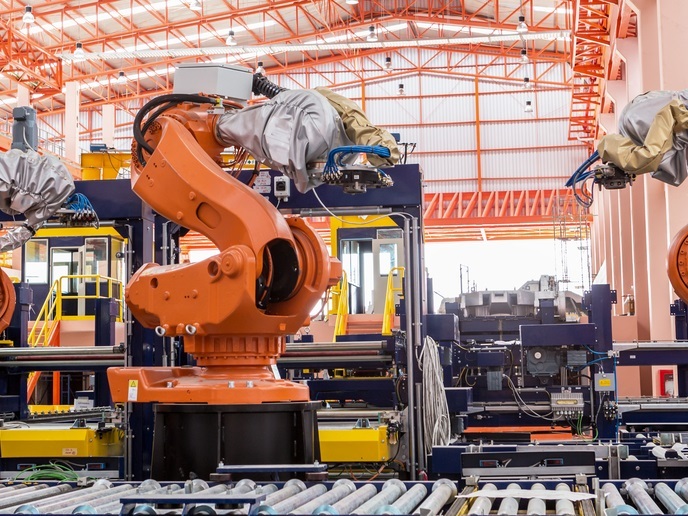Paving the way for a sustainable future
Climate change, water access, the depletion of non-renewable materials, the loss of biodiversity and many other issues are pressing us to develop different policies and practices. The most accurate prediction about the future is that it will look nothing like today. In fact, the past should not be used as a guide toward more sustainable lifestyles. The objective of the EU-funded project 'Creating innovative sustainability pathways' (CRISP)(opens in new window) was figuring out how potential future lifestyles may look and then creating innovative sustainability pathways for getting there. Its main tools were scenario development, backcasting and transition pathway development towards these futures. Team members employed a bottom-up approach, including discussions, exchanges and deliberations on many different aspects with other stakeholders to develop viable transition pathways for the future. CRISP members hailed from several European countries: Greece, Hungary, Lithuania, the Netherlands, Norway and the United Kingdom. CRISP organised several workshops across all partner countries, gathering students to investigate their visions of low-carbon, sustainable futures. The visions and their underpinning ideas were then concatenated into three overarching end visions. One Ethical World is a vision in which globalised supply chains are realised, global values are locally interpreted, and global health care and governance are foreseen. Fair trade displaces free trade and social equity is diffused within societies. The Local Community vision features strong regional identity with well-established local production and consumption. Decentralisation, vegetarianism, social cohesion, individual responsibility and collaborative consumption are the main characteristics of a sustainable community. In the i-Tech vision, technology and innovation are the main drivers. The world becomes a highly competitive place where risk is replaced by intelligent machinery. Functional food, renewable energy and efficient high-tech mobility dominate the scene. These visions were advanced as the endpoints of a backcasting and transition pathway development process together with experts that focused on mobility, household energy and food. The final pathways were investigated for their viability and desirability by interviewing experts and administering questionnaires.







